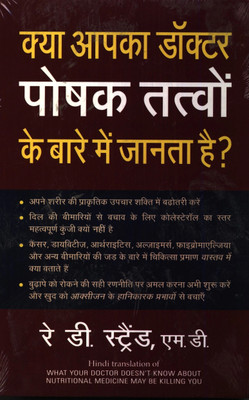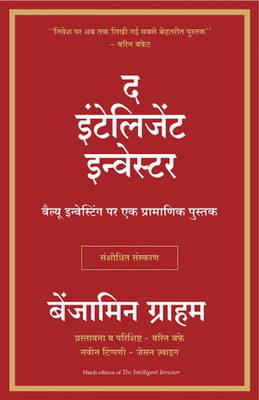
A History of Santiniketan: Rabindranath Tagore and his Life’s Work 1861-1941 (Hardcover, Uma Das Gupta)
Share
A History of Santiniketan: Rabindranath Tagore and his Life’s Work 1861-1941 (Hardcover, Uma Das Gupta)
Be the first to Review this product
₹695
Available offers
T&C
T&C
T&C
T&C
Delivery
Check
Enter pincode
Delivery by1 Nov, Saturday
?
View Details
Highlights
- Binding: Hardcover
- Publisher: niyogi books
- Genre: Heritage, Culture, Non-fiction
- ISBN: 9788199024311
- Edition: First, 2025
- Pages: 220
Services
- Cash on Delivery available?
Seller
Description
Rabindranath Tagore saw himself primarily as a poet. Yet, beyond
his literary legacy, there was another pursuit that defined his life’s
purpose—his devotion to education. He regarded his work in this
field as his life’s mission, culminating in the establishment of Visva
Bharati University. Nestled in the twin campuses of Santiniketan
and Sriniketan in rural southern Bengal, about a hundred miles
northwest of Calcutta, this institution became the heart of
Tagore’s existence.
Complementing the author’s previous work, A History of Sriniketan:
Rabindranath Tagore’s Pioneering Work in Rural Reconstruction (2022,
Niyogi Books), this volume delves into Tagore’s visionary approach
to education. His educational model was groundbreaking from
launching an experimental school in 1901 to founding an
international university and an institute of rural reconstruction
in 1921-1922. It was designed to transcend borders, promoting
a shared global humanity rather than conforming to the rigid
framework of nation-states.
Tagore’s dedication to this cause reflected his ideals of an inclusive
and non-parochial nationalism, emphasizing self-respect as the
key to India’s progress. He never viewed the modest scale of his
endeavour as a limitation; rather, he saw it as a necessary step
towards setting a precedent for the nation. His vision was never
just theoretical—it was always deeply rooted in action.
Read More
Specifications
Book Details
| Imprint |
|
| Publication Year |
|
Contributors
| Author Info |
|
Frequently Bought Together
Please add at least 1 add-on item to proceed
Be the first to ask about this product
Safe and Secure Payments.Easy returns.100% Authentic products.
Back to top






